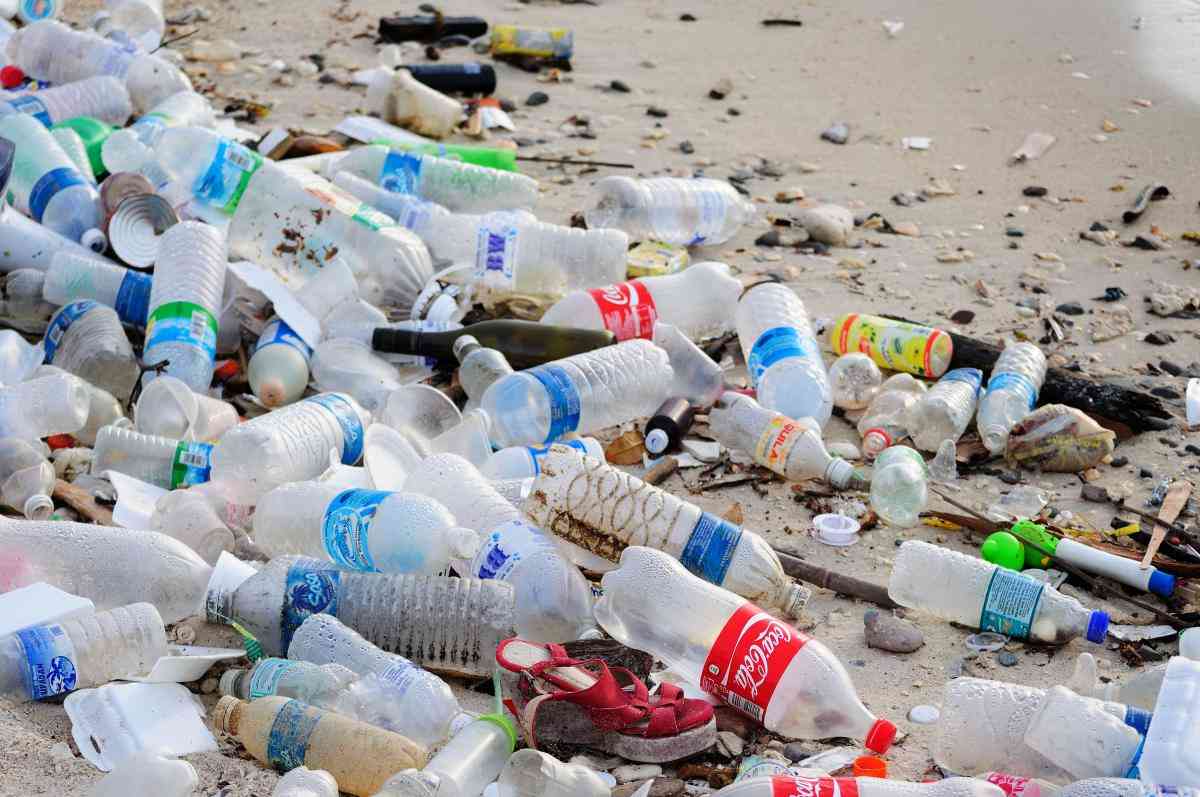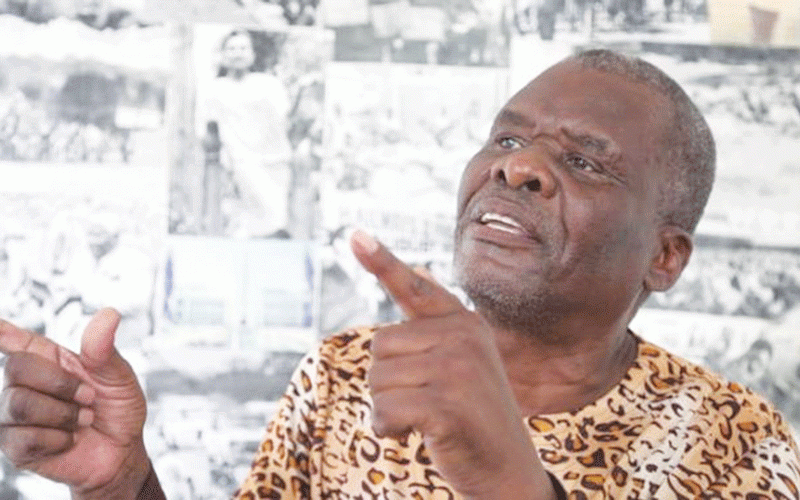
PLASTICS exist in overwhelming quantities and qualities on a global scale. Where there are oceans, seas, rivers and dams, plastic waste gets deposited and finds refuge, with dire consequences. Where countries are landlocked, used plastic materials become an eyesore, an environmental menace and a driver of climate change. While the world is very much aware that they have surrendered on winning the plastic war due to their concentrated existence in almost every sector and place, including their accelerated manufacturing, they engage in truth telling superseded by true lies.
True lies, pure or outright lies, like information packaging or massaging, with some elements of disinformation, are the only get away or terrible excuse by manufacturers and investors in plastics. The true lies are also not in the mould of the inconvenient truth or the plain truth that humanity lives upon. This is when lies become true when told, while a lie would be known to be a lie and the audience would choose to believe the true lies and live with them, no matter the size of its legs. Humanity has lived true plastics ever since and this is something it has chosen not to live without, whether they like it or not, but the choice is not even there.
Plastic lies are like political propaganda and lies that people choose to support or agree with despite knowing fully that these are pure lies, information fraud and fabrications. Within the unforgiving realm of plastics politics, everyone, from manufacturers, retailers and consumers, is fully aware that plastics will not go away anytime soon, they are also big business globally, just like fossil fuels production. The other true lies are that despite pretending that plastics are bad, every person globally has plastic materials in their pocket, talk of national IDs, bank cards, medical aid cards, among others, nobody can deny being plastic savvy, knowingly or unknowingly.
Too many industries continue to manufacture all forms of plastic ware notwithstanding their impact on human health, environment, wildlife and water resources, among others. Alongside the iron and steel industry, concrete and brick processing, wooden industry, plastic manufacturing is one of the widely used communities of practice in shops, supermarkets, schools, hospitals, laboratories, packaging companies, agro-packaging, irrigation equipment (plastic) and bottling companies, among others.
Plastic pollution has become problematic garbage after service delivery when disposal becomes a headache. Many sustainable efforts have been tried to manage the plastic menace but these have not been successful as anticipated due to overwhelming tenacity, lack of political will and appropriate awareness raising. It is also a living testimony that the world has refused to reduce plastic consumption thereby choosing to live with the plastic pollution despite its after effects. Plastic pollution is not only impacting on the households, water resources and other places of convenience, but also harms ecosystems, human health and wildlife. This also includes domesticated livestock, whereby during the drought and neglect, domestic animals end up feeding on plastic not knowing that they are indigestible. Plastics also have negative impacts on soil, water and release chemicals into the soil and mar plant growth and production.
There is even the Paris Treaty on plastics for global change but there is an overwhelming lack of tangible progress to date. Not that there is nothing being done but all sustainable efforts are yet to produce desired results and outcomes. The world has gradually and silently chosen to go plastic instead because plastic use has gone into overdrive and collaborative efforts are needed to manage this pandemic.
Plastic pollution and environmental degradation are the major drivers of climate change. Worse still, plastics take quite a long time to decompose and in their state of dormancy they are still toxic and problematic. Solutions like increasing paper packaging and fibre containers together with recycled packaging materials would be key and transformative.
In the plastic industry and services, it might not be clear how many families, individuals and households depend on plastics as their only form of livelihood. If a harsh but sustainable decision is made and these employees are dismissed then future planning is required for their reintegration and rehabilitation.
- Power cuts hamper Proplastics production
- Proplastics dumps Zimdollar loans
- Waverley Blankets boss acquitted of fraud charge
- Proplastics charms regional market
Keep Reading
- Peter Makwanya is a climate change communicator. He writes in his personal capacity and can be contacted on: petrovmoyt@gmail.com









